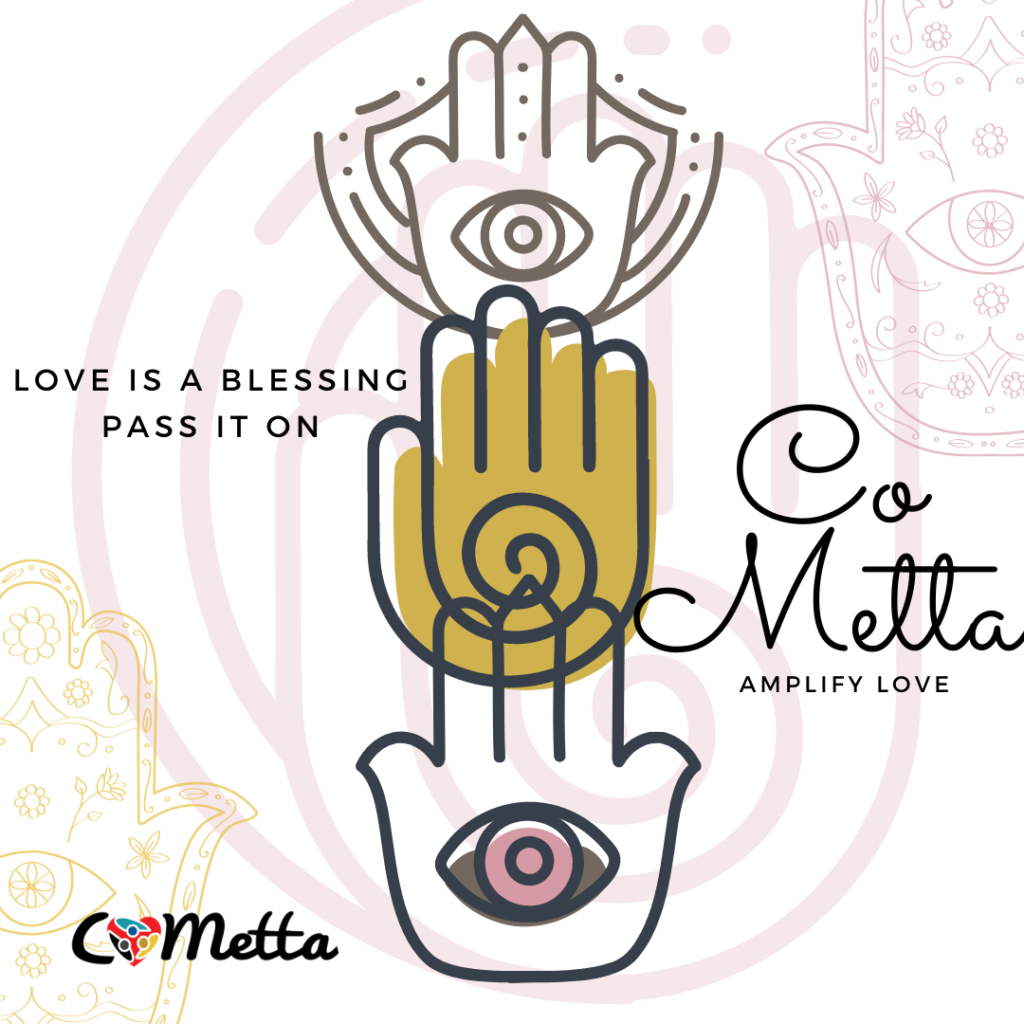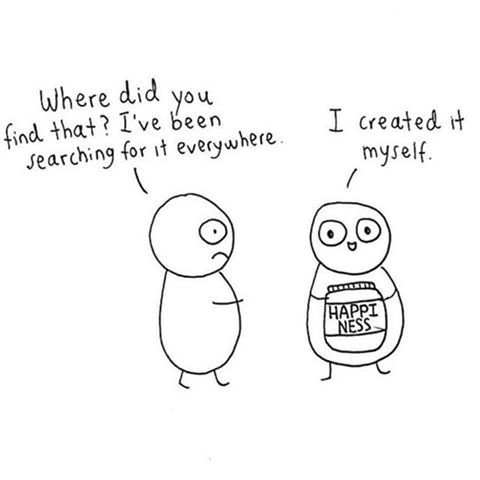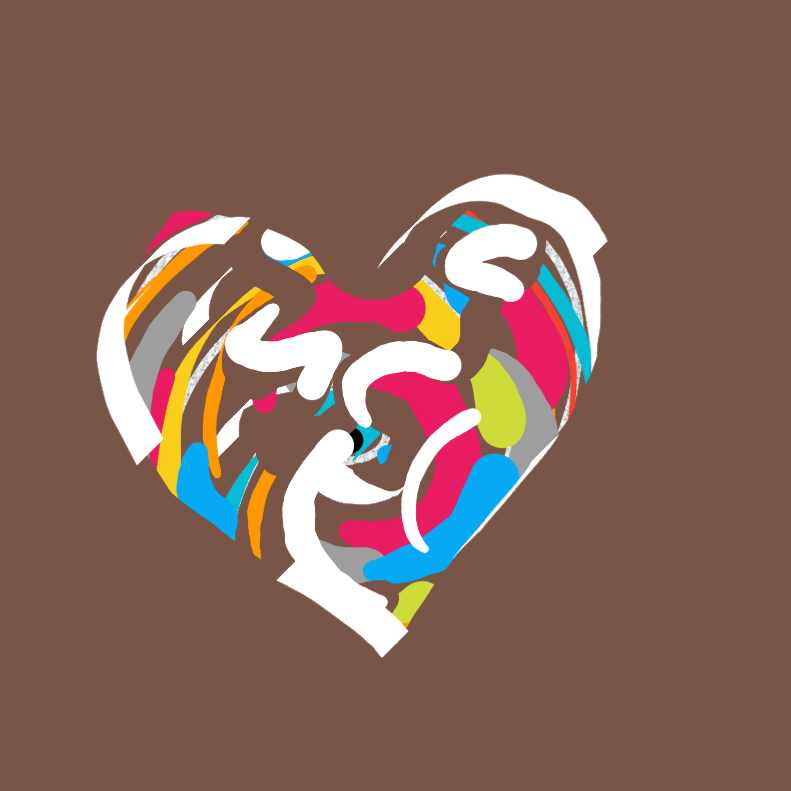The Indian sage Ramana Maharishi was asked, “How should we treat others?” He replied, “There are no others.”

For years I’ve signed my emails with One Love. These are no casual or trivial words. One Love invokes the Bob Marley song but it also speaks to the older and widespread concept of “oneness.” This core idea of interdependence, interbeing, of common humanity and common source can be found in a broad spectrum of cultures, both ancient and modern. This idea is at the ethos of the African idea of Ubuntu, which translates into “I am because we are.” It exists in the Native American idea that we are all part of the “web of life.” It is manifest in the Indian greeting of Namaste, which expresses that the divine resides within us all. It is in the teaching of Christ who calls us to love one another. It is within the Jewish call of Tikkun Olam to heal and unite a broken world. Marley’s invocation of this idea was a call to love and unity, and a reminder of our origins and destination — “As it was in the beginning (one love), so shall it be in the end (one heart).”
One Love, however, is not about sameness. It is about individuality and unity, together. Bob Marley was a talented musician who made soulful — and rebel — music. Marley understood the potential of harmony as well as the power of an individual voice.
A guitar has different strings tuned to different notes. Together, they create harmony. What is needed is tuning to harmonize the notes and skill to play in tune with others. Skill is something that can be acquired with practice. And, playing in a musical ensemble, requires collective attunement. When we listen to a band, we can hear the individual instruments but we hear the music as a whole created by the musicians. It is not a zero-sum game. Each player adds to the value of others. Something bigger is born of the interactions.
Jazz as a form of music relies heavily on improvisation. It necessitates that the musicians listen to each other and pick up on unspoken cues. This is possible in small systems, but how does it work with large systems and strangers?
Consider two sports teams meeting on a field for the first time for a game. Each team seeks to win but the game, which can unfold in countless ways, operates by a common set of rules. In yet another space where we interact — with higher stakes, literally putting our lives in the hands of strangers — is on highways. We don’t know who is in the other cars, where they are headed, or the level of their driving skills. Yet we trust their competence by default. Accidents do happen, but far fewer than we might expect. This is because we generally follow a set of rules for driving — staying in our lanes, signaling, overtaking in a certain way, following road signs, etc.
Driving in India, where I come from, is far different from the US because people have a different understanding of what the rules are. Watching Indian traffic move seems like chaos but sped-up looks like a ballet (https://youtu.be/KnPiP9PkLAs?t=29). The patterns of the flow, seemingly chaotic, become more apparent and choreographed.
These indications that we can be socialized to play together, suggests a lot of room for cooperation and individuality by strangers operating in shared spaces. When there is a breakdown of shared understanding, we collide.
Today, the pace of change requires much adaptation and we are uncertain of what the modes of behavior should be. With the pandemic that is underway, there is no consensus on mask-wearing or quarantining. The government can institute rules but people need to opt in to comply. Part of this is a dissolution of trust and a lack of belief in fairness. Some efforts have tried to reframe mask-wearing not as an infringement of personal liberty but an act of kindness and love for others.
Love involves trust and a desire to see the people we love thrive. We love our families, we love our sports teams, we love our countries, we love our pets, we love certain places, we love specific kinds of music and songs. When we do, we feel a togetherness, a comfort in presence and interaction. We want what’s best for the ones we love. This simple act of wanting what’s best for others affects how we behave. When we have the opposite, we mistrust the actions of the people we hate and seek to harm them. It becomes a zero-sum game. Imagine a musical performance, football game, or driving down a busy road if we are to operate with a zero-sum orientation.
In dystopian scenarios, we find ourselves in these zero-sum situations — a breakdown of trust and competition without rules of engagement (https://www.linkedin.com/pulse/compassion-contagious-too-lyndon-rego/). We revert to our baser instincts. When we imagine utopian scenarios the opposite is true. Everyone is happy and engaging together kindly.
This is illustrated in a story of the difference between heaven and hell.
In a dream, an angel demonstrated the difference between heaven and hell. The dreamer was shown two doors. Inside the first one was a group of people gathered around a table with bowls of fragrant, steaming soup. Yet everyone around the table appeared sad and famished. They each had spoons with extraordinarily long handles that they could dip into the stew but which were too long to reach into their own mouths. That is hell, explained the angel.
Then the angel said, let me show you heaven. They entered the second room and it appeared just the same. A large table, many people, delicious stew, and long spoons. But everyone was happy and well-fed. The dreamer was puzzled at first and then saw what was different. What the people here did was to use the spoons to feed each other.
Love is a verb. Unless it manifests in actions, it is empty and invisible. When we truly love something, the love we feel for the other is visible and expressed. When we are unable to show love or share it, fades. Love is not a zero-sum game. It multiplies.
Relationship researcher John Gottman, has found that the mathematic ratio for happy relationships is not the lack of negativity but the ratio of positivity. The ratio is 5:1. This means that for every negative interaction, there are five positive interactions. Happy couples share more positive actions than negative ones. It is a reminder that if we create negative interactions, we need many more positive ones to offset them.
There is a kind of love that moves beyond exchange and is extended regardless of reciprocity. People with religious faith love God and believe that God loves them in turn. This belief is felt within themselves and validated by the benevolence they feel in counting their blessings — for food, shelter, health, family. They express gratitude in prayer. This gratitude, like Gottman’s ratio, provides a sense of happiness. Gratitude is something that can be cultivated within us (more on this in a future post).
I created an effort called CoMetta (www.cometta.co). Metta means loving-kindness and CoMetta is shared or community loving-kindness. Metta is a practice of wishing others well (more on this in a future post). As we related in the story of the dogs in the house of mirrors (https://spiritualsushi.com/indras-net-the-amplified-universe/), when love radiates, it reflects and returns to us.
The Christian mystic, Thoman Merton wrote: “Love seeks one thing only: the good of the one loved. It leaves all the other secondary effects to take care of themselves. Love, therefore, is its own reward.”
The Sufi mystic, Hafiz, also expressed this eloquently in verse:
“Even
After
All this time
The Sun never says to the Earth,
“You owe me.”
Look
What happens
With a love like that,
It lights the whole sky.”
The abundant light of the sun — shining for billions of years — manifests from within itself. Like the sun, we have a capacity for love that can be generated from within us. We all know people who shine and radiate kindness regardless of the hardships they face. They seem happy. We are happy to bask in their presence.
The Dalai Lama is a shining example of the kind of person who radiates happiness, even as a celibate monk, a person in exile — a refugee — and an agent seeking the liberation of his people. His happiness is all the more impressive with these barriers. He explains: “Happiness is not something ready-made. It comes from your own actions.” He states, “When we feel love and kindness toward others, it not only makes others feel loved and cared for, but it helps us also to develop inner happiness and peace.”
There is this internet meme that expresses this idea well.

So, One Love is intention and expression. It is a skill to be developed, much like the musicians who play together. It is a choice we can make. Its source is not finite for it can be generated endlessly from within. And when it is generously given, it returns with abundance, advancing our happiness.
This is great a great truth is why the mystics, sages, and Marley speak and sing repeatedly of love. Perhaps, one day, we will join them in this expression.
I hope one day you will join us, and the world will be as one — John Lennon
When that day comes, when we manifest the intention, skill, and readiness to radiate compassion to all around us, the light of love will illuminate the earth, brighter than the rays of the sun. This is our original source and our ultimate destination.
As it was in the beginning (one love), so shall it be in the end (one heart) — Bob Marley


One Reply to “One Love: Two Little Words that Mean a Whole Lot”
Comments are closed.